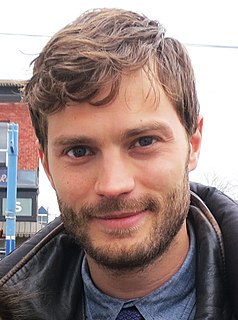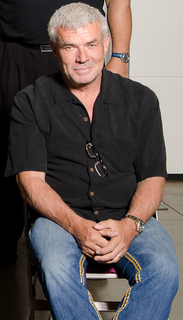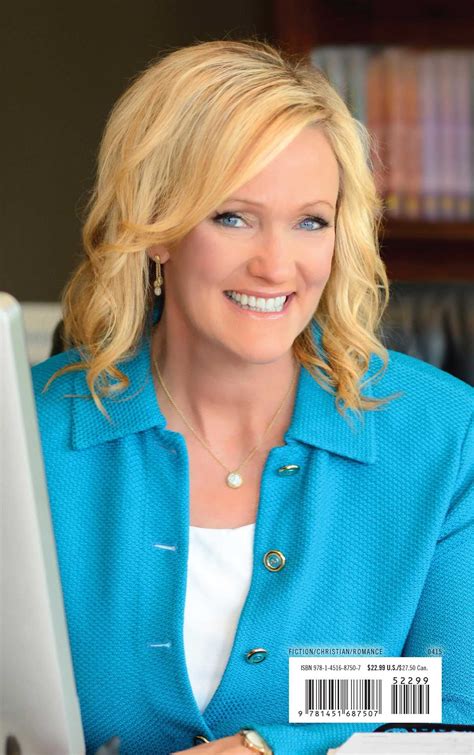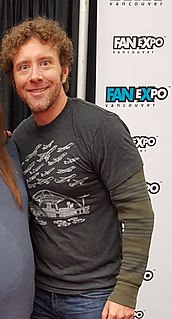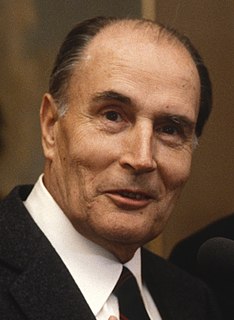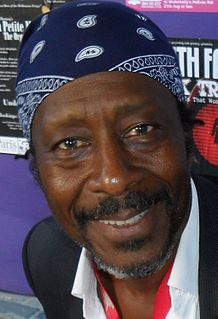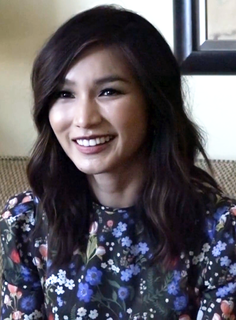A Quote by Jamie Dornan
Every role is physical to a certain extent, but as a viewer, I don't respond well to actors doing more than they need to tell a story.
Related Quotes
Professional wrestling... is no different than a Broadway play except that in a Broadway play, actors are using dialogue to tell a story and establish their characters, while in WWE, they're using a physical dialogue to tell their story and build their characters. That's a very unique art; it really is.
If you gauge how you're doing on whether somebody is responding vocally or not, you're up a creek. You can't do that; you kind of have to be inside of your work and play the scene. And tell the story every day. Tell the story. Tell the story. Regardless of how people are responding, I'm going to tell the story.
There's no point in it unless it's a story that you really want to tell. It's a nebulous job. Unless you're doing it well, you're not doing anything. And there are a few of those. It's perfectly possible to be a passenger on a film set because if somebody else has written it, you can make nothing of that role and that's exactly what bad directors do.
It's only a story, you say. So it is, and the rest of life with it - creation story, love story, horror, crime, the strange story of you and I. The alphabet of my DNA shapes certain words, but the story is not told. I have to tell it myself. What is it that I have to tell myself again and again? That there is always a new beginning, a different end. I can change the story. I am the story. Begin.
My true role is to get actors to understand what the camera is doing and what my intent is so they don't waste their good stuff on over-the-shoulder shots and wide shots. They need to know when we're going in to get something important, so they know to really go for it. No human being can give you 1,000 percent on every single take or shot, so you need to let them know what you're heading for. It's important that the actors know they're being looked after and being recorded in a way so they can do their best.
I don't need to control the mind of my viewer. Now this might sound contradictory because I want to make these installations set up an environment that will produce a certain kind of experience in the viewer, but beyond a certain point, I take hands off and leave it up to chance and personal experience. So maybe it's a marriage of control and no control we're talking about where the artist produces the artifact or the environment and then walks away from it, and the second half of the equation is the viewer and their personal history and how they feel about what they're experiencing.
